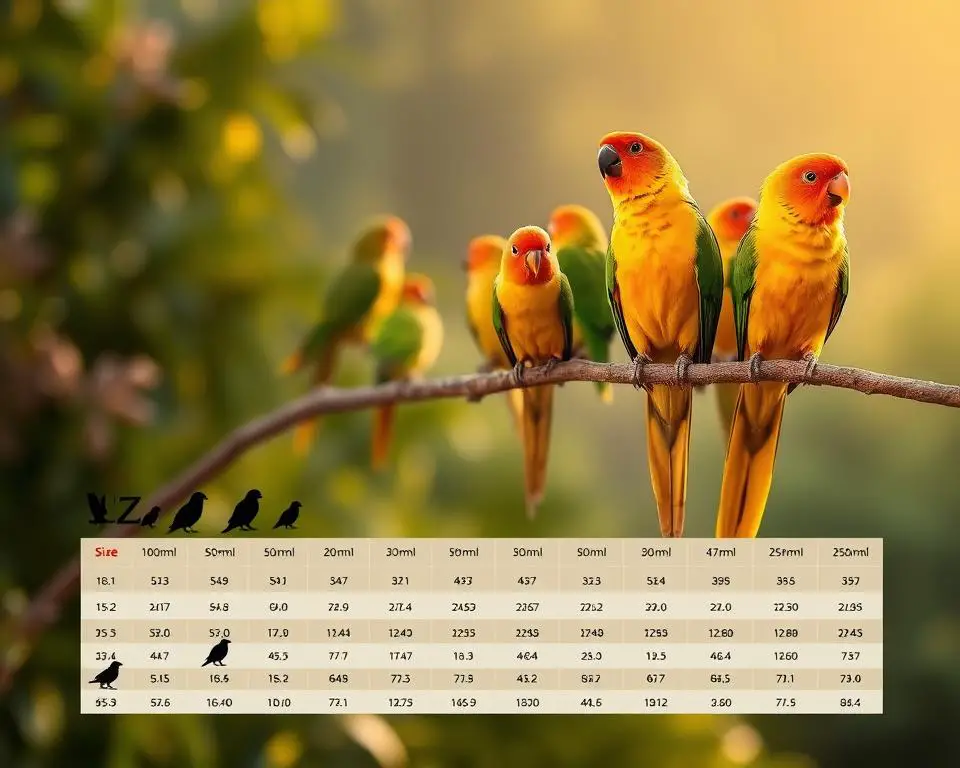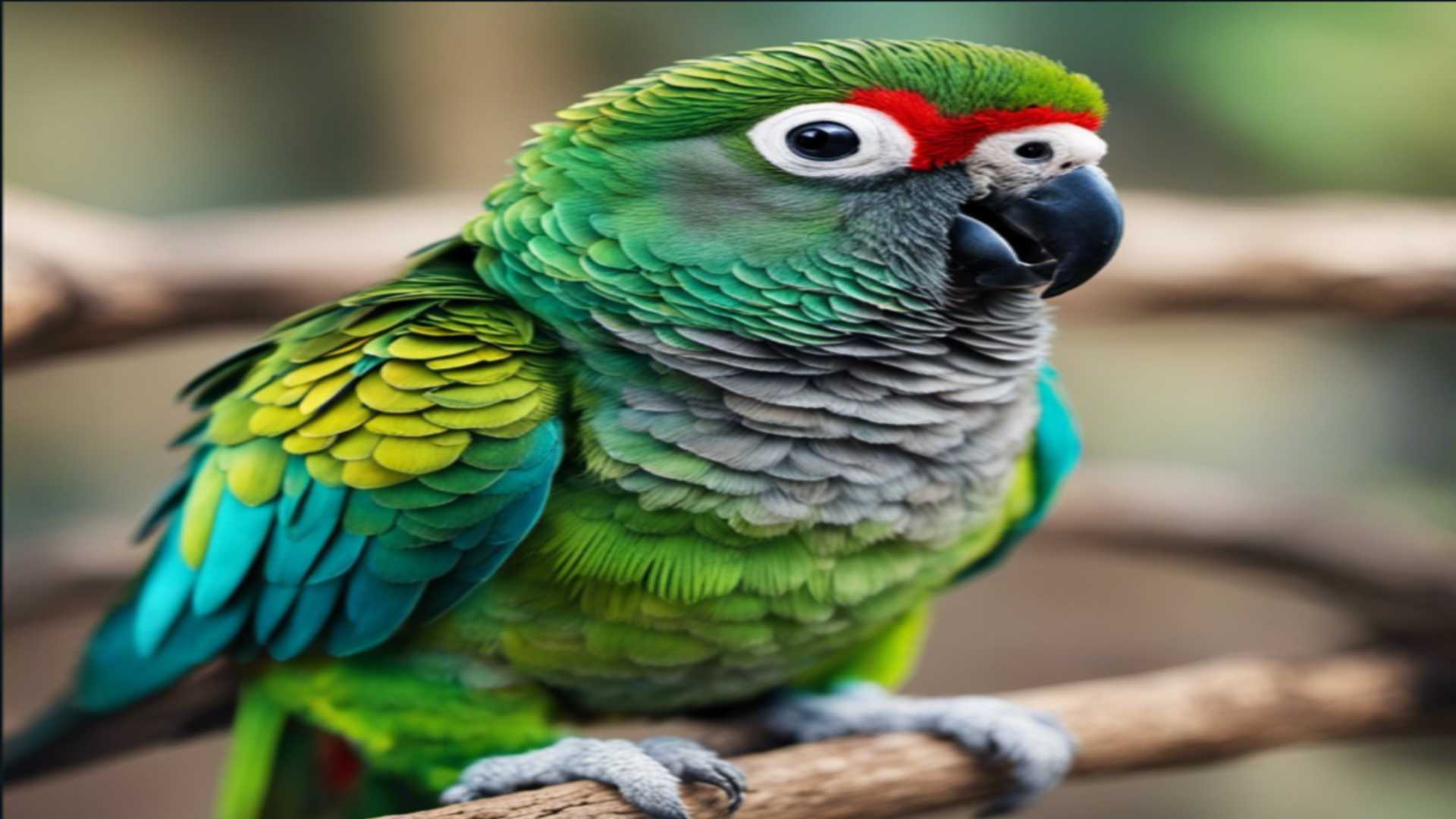If you’re a conure owner, chances are you’ve asked yourself this question at some point, how long can I leave my conure alone?
The recommended maximum length of time a conure can be left alone is four hours. Conures are social birds and should not be left alone for long periods. If you have to leave your conure for more than four hours, you can ask a friend or family member to come over and check on him/her, or you can take your conure to a bird-sitter.
That said, if you don’t have any option rather than leaving your conure at home, then be sure to raise your conure with other birds or animals, so he/she doesn’t get too lonely.
In this article, we’ll take a look at some general guidelines for how long you can leave your Conure alone without causing undue stress and also offer a few tips on ways to make sure your bird has plenty of stimulation and companionship even when you’re not home.
Let’s begin.
Can conures be left alone?
As a general rule, conures can be left alone as long as they have a stimulating environment with plenty of toys to keep them occupied.
And if you do have to leave your conure home alone for an extended period of time, make sure he has plenty of food and water to last him through the day.
Generally, though, Conures are social birds that enjoy the companionship of their owners, so it’s important not to leave them alone for too long.
In fact, Ideally, you should only leave your conure alone for a few hours at a time. If you leave your bird alone any longer than eight hours a day, he/she can become stressed and depressed.
I know we all live busy lives, and sometimes it’s unavoidable to leave our feathered friends alone for longer than we’d like.
If you have to leave your Conure alone for more than four hours, there are a few things you can do to make sure he/she is happy.
1. Try to find a friend or family member who can come over and check on your Conure while you’re gone. If that’s not possible, there are professional bird-sitters who can come to your home and take care of your Conure while you’re away.
2. Make sure your Conure has plenty of toys and activities to keep him/her occupied while you’re gone. For example, you can give your bird a foraging toy filled with treats, or you can hide his food around the cage, so he has to search for it.
3. Try to leave the house as quiet as possible when you leave so your Conure doesn’t get too stressed. This means turning off the TV, radio, and any other loud noises.
4. if you have another pet in the house (like a cat or dog), make sure they are not bothering your Conure while you’re gone.
5. Try to stick to a regular schedule as much as possible. This means feeding, watering, and exercising your Conure at the same time every day.
But the best way to have a happy pet is by making sure they are interacting with their owner.
You can’t put a price on love, and there’s nothing more important than spending time bonding between you two, so don’t skip out!
Why is my conure so clingy?
There are a few reasons why your conure might be clingy. If they’re feeling insecure or lonely, it’s natural for them to want constant contact with you and even on an extended basis as well!
Maybe they need more attention than usual?
Whatever the case may be – if this behavior isn’t working out positively, then there is no harm in trying some other strategies such as:
- Set sometime apart each day to focus on your conure and give them the attention they crave, including petting, playing, and talking to them.
- Create a more stimulating environment for your conure with more toys and activities.
- Consider getting another bird as a companion for your conure, so they’re not alone when you’re not around.
- If all else fails, consult with an avian vet or behaviorist to get some professional help.
There could be a few different reasons why your conure is clingy. It could be that they are feeling anxious or stressed and are seeking comfort from you.
It could also be that they are bonding with you and see you as part of their flock.
Note: In the wild, conures live in flocks of up to 30 birds, so it’s natural for them to want to be around other birds.
And since you’re the only person in their life, it’s no wonder they want to be around you all the time!
Whatever the reason, as a general rule, it’s important to provide your conure with the love and attention they need.
Do conures need to be in pairs?
Conures are social birds that typically do best when they have a companion. In the wild, these birds live in large flocks, and they form strong bonds with their flockmates. When kept as pets, conures need to have at least one other conure for companionship.
Without another bird to socialize with, they can become bored, anxious, and depressed.
In some cases, they may even start to self-mutilate or pluck their feathers out. While it is possible to keep a conure happy with regular human interaction, it is not a substitute for having another bird around. For the best possible care, it is generally recommended that conures be kept in pairs.
For this reason, many people do choose to have more than one conure, as they do enjoy the company of their own kind.
If you do decide to get two conures, it is best to get them at the same time so they can bond with each other from the start.
You can also get a baby conure and an adult conure, but it may take some time for the two birds to bond.
I have a recent article that goes more in-depth about whether you should consider getting two birds or not.
In short, while you can keep a conure happy with just human interaction, it’s generally recommended that they have a bird companion.
(source)
Can you leave a parrot alone for a week?
While parrots are social creatures that thrive on human interaction, there are some circumstances where you may need to leave them alone for a week.
If you have another pet in the house that can keep them company, such as another bird or dog, then they will be fine on their own.
You should also make sure that their cage is large enough for them to move around freely and that they have plenty of toys and activities to keep them occupied.
If possible, you should also arrange for someone to come by once a day to check on them and give them some attention.
With a little preparation, you can rest assured that your parrot will be safe and happy while you’re away.
Not only that, but you should also set up a schedule for your conure to spend time outside the cage.
This can be done by training your conure to step up on your finger and then taking them out for some supervised playtime.
In a recent article, I went into more detail about how to set up a daily routine for your conure to spend time outside the cage.
You can read it on my site by clicking the link above.
(source)
Where can I leave my bird while on vacation?
When planning a vacation, there are many things to consider, including what to do with your pets. If you have a bird, you will need to find a safe and reliable place to leave them while you are away.
One option is to ask a friend or family member to bird-sit for you. This can be a great solution, as long as you are comfortable leaving your bird in someone else’s care.
Another option is to board your bird at a pet hotel. This is often a good choice for those who are traveling for an extended period of time, as it provides your bird with around-the-clock care.
In regard to that, you might want to consider consulting these bird-sitting services here if you ever plan to travel.
Final thoughts
In this article, we have discussed how long you can leave a conure alone. While it is possible to keep a conure happy with regular human interaction, it is not a substitute for having another bird around.
For the best possible care, it is generally recommended that conures be kept in pairs.
If you do decide to get two conures, it is best to get them at the same time so they can bond with each other from the start.
By following these tips, you can make sure your Conure is happy and healthy even when you’re not around. So don’t worry too much about leaving your bird alone for a few hours; he’ll be just fine.
Also, If you’re looking to learn more about conures, be sure to check out my other articles, as I have written quite a few about these amazing birds.





